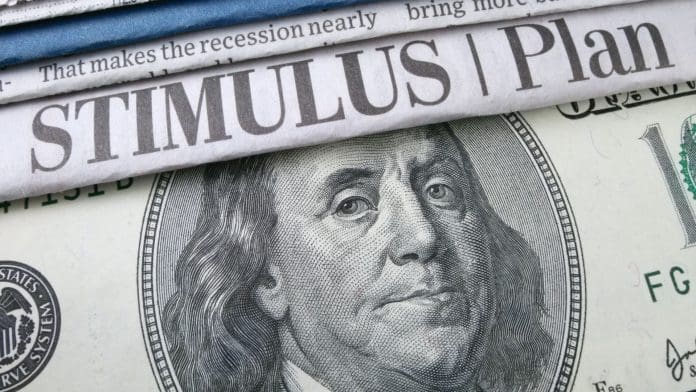Given that the United States approved a package to increase the debt limit, beneficiaries of SSI stimulus checks may probably breathe a bit better about the possibility of missed payments. The bill is anticipated to pass both the Senate and the House, according to The Guardian, and be signed into law by President Biden.
Now that those concerns are gone, Social Security recipients may concentrate on the next payouts, which start on 1st June. This month, certain beneficiaries—specifically those who receive SSI—would be receiving wo payments.
SSI Stimulus Check Details Including Eligibility Criteria And Benefits
According to the Social Security Administration, SSI recipients will receive two stimulus checks: one on the 1st of June as well as another around the 30th of June. Due to an anomaly in the schedule of the social security payment, SSI stimulus check recipients receive two checks in December, September, June, and March but none in October, July, April, and January. The additional payment made in June might be viewed as a deposit for the following month. The SSA suggests waiting three extra postal days before getting in touch with the organization if you don’t get your check on the anticipated date. If you have a deposit, you may anticipate receiving your check on the appointed day, albeit the money’s accessibility may be based on your deposit. Low-income, resource-constrained persons who are visually impaired, at least 65 years old, or have a disability that qualifies may be eligible for SSI assistance.
The administrative stimulus check SSI rate for a person in 2023 is $914, while the amount for a married couple is $1,371. However, a few states provide extra payments to the SSI stimulus check, increasing the overall SSI payout. The SSA states that SSI benefit levels and state supplementary stimulus check amounts vary depending on your income, housing situation, and other variables.
Arkansas, Arizona, North Dakota, Mississippi, West Virginia, and Tennessee are among the states and territories in the U.S. that do not provide SSI beneficiaries with a supplement.






